ADSactly Literature - How to write a novel: another ironic look from Unamuno
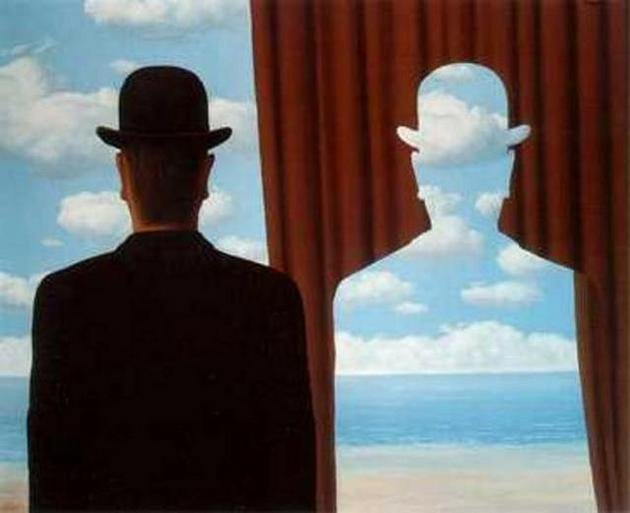
How to make a novel: another ironic look from Unamuno
With this post we will close the treatment of the subject of the Other in Unamuno. The previous publication, when dealing with the end of the novel Fog, we conclude it with the indication that one of the central perspectives from which Unamuno (until becoming a kind of obsession in him) assumes this specular relationship ((of mirror, by the fact that in the mirror the object is reflected inversely)) is that of the life as a novel, the novel as life.
Such an aspect, undoubtedly revealing of otherness, reaches its highest and most meridian expression -by manifest, but also blinding- in How to write a novel, which was written in 1924, during his exile (Unamuno had been exiled by the dictator Primo de Rivera), published in Argentina in 1927, but in Spain in 1950.
Anyone who does not have any information, even a cursory one, about who Unamuno was and his work, might think that it is a book offering recommendations, one method and/or techniques for writing a novel, but that is in no way whatsoever.
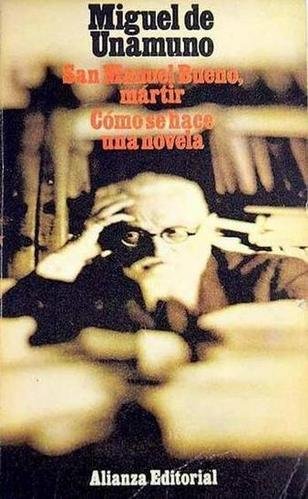
How a novel is made is, if you can use the conventional term, a novel - or perhaps better said, a nivola, a word invented by the author through one of the characters of Fog to refer to a fictional text. More precisely, an autobiographical novel, thus defined by Unamuno himself. In it, he returns to something he tried before: combining or identifying what he exposes in the content with the way he does it, in a constant interrelationship.
What is the sense of otherness proposed in this text by the controversial Basque writer? Novel and life are reflected and, at the same time, refracted as if they were looking at each other, or at each other in the mirror. Unamuno says about such separation and/or fusion in this singular novel:
Because our intimate, deep, novelistic life began with each one of us?
Every man (...) is the son of a written or oral legend. And there is nothing but a legend, that is, a novel.
Let us agree, then, that the novelist who tells how a novel is made tells how a novelist is made, that is, how a man is made.
Counting life, isn't that the deepest way of living it?
Our life hides, as something unknown, strange, the inheritance of the life of others, our readings and their incarnation in surreptitious forces, the intertwined histories of us and the others, the internalized landscapes, the presences of the outside and the inside... And all that, which makes life, conforms our text, the unsuspected narration. We find similar reflection in the great Jorge Luis Borges when he wrote:
We are all the past, we are our blood, we are the people who have seen us die, we are the books that have improved us, we are pleasantly the others.
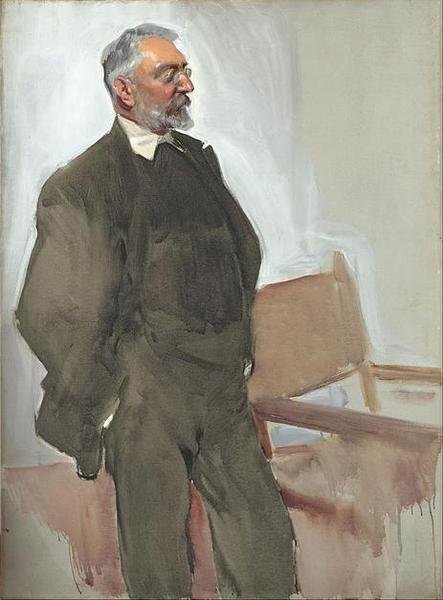
How a novel is made makes use of several formal resources -the how-, by means of which the what of the novel -its content- tries to become concrete. The explicit resources are: the fragment, the confessional voice, the dialogue, the diary, the narration. Such modes trace a discursive strategy aimed at the proposed meaning of the text. Irregularly interwoven, they seem to reproduce the image of the very plot of life.
Writing will be a way of living otherness in the face of death: "Here I am before these white pages -white as black as the future: Terrible whiteness", exclaims the voice in the novel. This is how the text begins and will continue, weaving a "disordered" warp where the memories of the historical past and childhood are mixed, the quotations of his readings, his imaginations, his thoughts, etc., and the "history" that is told, in which the game of the dreamer and the dreamed one returns. Remember that Unamuno has said that reading is dreaming the dream dream of another.
Unamuno, with his direct voice in the book presenting us with his paradoxical thinking, plays with the meanings of words, particularly those of history, legend and novel. I will quote other fragments to try to place us in this complex and mischievous book by Unamuno:
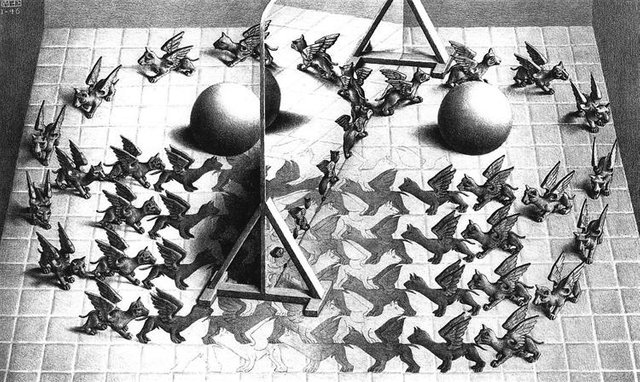
Yes, every novel, every work of fiction, every poem, when it is alive it is autobiographical.
I said that we, the authors, the poets, we put on, we create in all the characters we create (...)
Everything is for us book, reading; we can talk about the Book of History, the Book of Nature, the Book of the Universe.
To live in history and to live history!, to make me in history, in my Spain, and to make my history, my Spain, and with it my universe, and my eternity, such has been and always continues to be the tragic affliction of my exile.
My novel! My legend! The Unamuno of my legend, of my novel, the one that we have made together my friend and my enemy and the others (...), creates me and destroys me (...) It is my agony. (...) Behold, I make the legend in which I shall bury myself. But I go to the case of my novel.
A text of several pages, in the style of essays, goes punctuating the philosophical and literary conception where, as in a musical counterpoint, it speaks to us of life and literary creation, of one's own being and the being of the book, interwoven and confused. And then to say:
Because I had imagined, a few months ago, making a novel in which I wanted to put the most intimate experience of my exile (...) And now I think that the best way to make that novel is to tell how to do it. It is the novel of the novel (...)
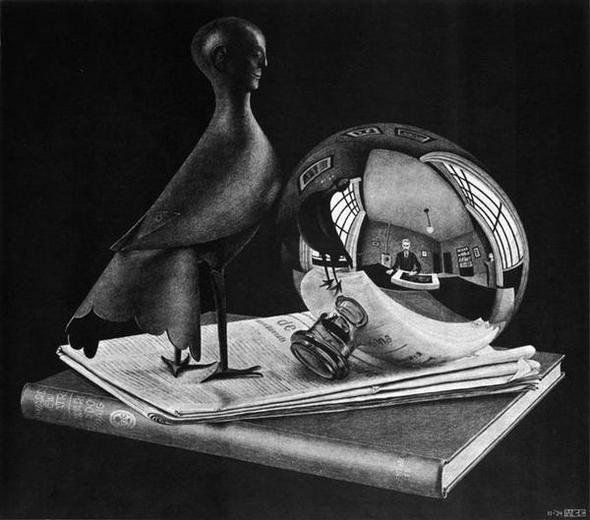
So, with this game, we apparently enter the core of the book:
We would have to invent, first, a central character who would, naturally, be myself. And this character would be given my name. I would call him U. Juice of the Race
And he explains, with irony and humour, why he calls it that. And he goes on:
U. Juice of the Race is bored in a sovereign way (...) because it lives only in itself (...), in the sad man who has not made a novel. And that's why he likes novels. (...) and he seeks them to live in another, to be another, to eternalize himself in another.
In the quoted fragment is the key to the book and to the attempt of a novel in it, because it will never be finished. The character, "wandering along the banks of the Seine, along the docks", will find a novel in the old book stalls; he will begin to read it without buying it, but he will leave it because it will produce a strange sensation, like "the breath of the flapping of the Angel of Death". He will say to himself: "How will that story go on, how will it end?". After several attempts, and at the end of his journey, he will acquire the book. You will find what the character in the novel who reads says: "I must repeat to my reader that he will die with me". He will abandon the fateful book and even burn it.
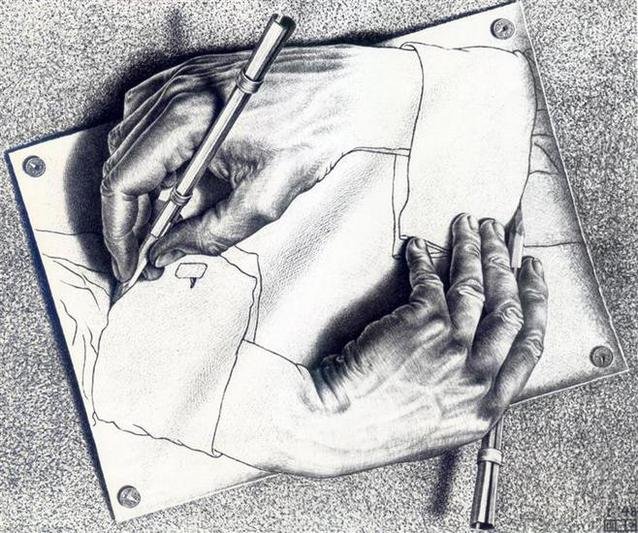
Unamuno will go in and out of telling the novel he devised, or advance possible ways of continuing it, while he wanders about the themes consubstantiated with the imagined novel and with his life, until he reaches a moment in which he bursts in like this:
And now, why finish Juice's novel? This novel and all the other novels that are made (...) in rigor do not end. The finished thing, the perfect thing, is death and life cannot die.
Irony - and perhaps mockery, or impertinence, as he expresses it - of Unamuno himself, a thinker and novelist, who wants to live and immortalize himself. When he returns to his book, about two years later, Unamuno will introduce some disturbing reflections:
When my poor Juice (...) came across the book of omens (...) and became engrossed in it, he became a pure contemplator, a mere reader (...); he suffered from the novel, but did not do it. And I want to narrate you, reader, how a novel is made, how you do, and you have to make your own novel. (...) And every reader who is a man from within, a human being, is, reader, the author of what he reads and is reading.
In this way, we can close, without finishing, this article on one of Unamuno's most restless and questioning books, where his ironic gaze, never satisfied, returns us to the mystery and the game of otherness, when it is done in writing, in creation, where we read ourselves and read the world that we are.
(I did not find an English digital version of the book I am commenting on. If you are interested in reading it in Spanish, you can go to this link)
Bibliographic references
Unamuno, Miguel de (1978). *San Manuel Bueno, martir / Cómo se hace una novela (6th edition). Spain: Alianza Editorial.
Written by @josemalavem
Click on the coin to join our Discord Chat

Witness proposal is here:
Go To Steem Witness Page
In the bottom of the page type: adsactly-witness and press vote.

Use small letters and no "@" sign. Or, click here to vote directly!
Thank you!
Although I have never read this novel by Unamuno, which is excellently reviewed here, I share many of the ideas it presents. I believe that every work we do, as writers, is part of ourselves. Writing from the shore is impossible. We always submerge, get wet, get naked. The specular game that Unamuno proposes, author and writer of his own life while he says how to write, is creative, but it is also a transgressor of the pact of plausibility of fiction works. I'm sure I'll look for it in order to read it. Thank you for sharing, @josemalavem
This book of Unamuno is certainly transgressor and playful. It may seem strange to someone who does not want to read it from the opening that every work of fiction must suppose, even if, in this case, it breaks with the pact of fiction and mixes it with the autobiographical pact. I think it's worth reading. Thanks for your comment, @nancybriti.
A creative process in writing certainly will be able to become a soul when the writer blinded a work pervasive in a structured word and sentence. He is not only a paragraph and a literary work, but he is able to give the body of the soul a writer because when he writes he is able to give his naked honesty so that the reader will be able to explore the written story. I am always amazed by the great writer works. but what came to mind was how they could then find ideas that were so flowing. I guessed when writing they were not telling something strange. They are able to tell very clearly and in detail. This is all due to the inner experience combined with the ability to consciously process words to provide knowledge, entertainment or even advice.
thank you @josemalavem
Thank you @adsactly
Thank you Steemit
Warm regard from Indonesia
Luckily for us, @rokhani, exists the literature, which allows us to pleasantly surprise ourselves, discover facets ignored or little taken care of of the interiority, of human activity and of the world in general. Creative writing will always be a challenge and the authors who assume it with fortitude and intelligence will give us the possibility to find ourselves in it, to question ourselves, to think about ourselves. Thank you for your comment. Greetings.
Hi, @adsactly!
You just got a 0.38% upvote from SteemPlus!
To get higher upvotes, earn more SteemPlus Points (SPP). On your Steemit wallet, check your SPP balance and click on "How to earn SPP?" to find out all the ways to earn.
If you're not using SteemPlus yet, please check our last posts in here to see the many ways in which SteemPlus can improve your Steem experience on Steemit and Busy.